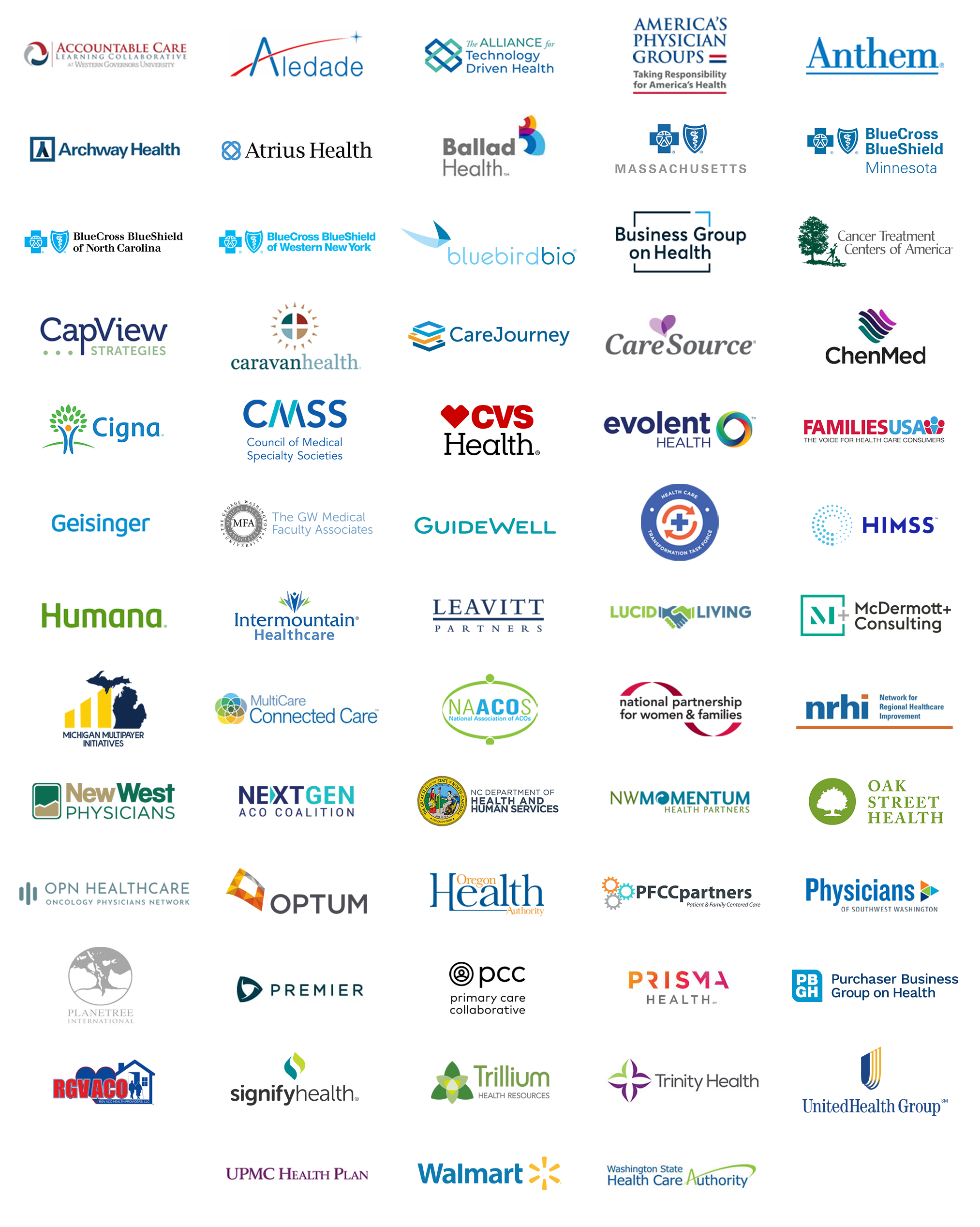What is the Alignment Landscape?
The Alignment Landscape provides a consolidated view of opportunities and resources for multi-stakeholder alignment across the health care industry. Industry-wide uptake of these opportunities and resources supports cross-state and national alignment to accelerate participation in value-based care.
Why should I use the Alignment Landscape?
Alignment builds a sustainable foundation for system-wide transformation by reducing administrative burden placed on health plans, providers, purchasers, and community organizations who must contend with multiple value-based care arrangements.
![]()
I’m a provider trying to understand how FHIR requirements impact my EHR vendor and the health plans I work with. I selected the Timely and Consistent Data Sharing filter and learned more about the Cures Act Final Rule for Data Sharing. Now I know what to expect from all the stakeholders I work with.
![]()
I’m a health plan looking to learn more about state convenings. I selected the Collaboratives and Convening Organizations filter and found the California Advanced Primary Care Initiative. I hope to bring lessons from this Initiative to my state.
![]()
I’m a community-based organization and want to learn more about working with health plans. I selected the Alignment Resources and Helpful Documents and read HCPLAN’s Guidance for Health Care Entities Partnering with Community-Based Organizations.
![]()
I’m a policymaker and want to know about existing quality measure requirements placed on health plans in my state and if there is upcoming legislation from CMS I should know about. I selected the Upcoming and Performance Measurement and Reporting filters to read more about anticipated final rules and measure sets.
Last updated: 11/14/2024
Is something missing from the Alignment Landscape?
Please contact hcplan@deloitte.com with suggestions for additional topics or specific initiatives you would like to see added.
Government Regulation and Guidance
Medicaid and Children’s Health
Insurance Program Managed Care
Access, Finance and Quality Final Rule
Government Regulation and Guidance
NEW
2025 Hospital Inpatient Prospective Payment
System and Long-Term Care Hospital
Prospective Payment System Final Rule
Collaboratives and Innovative Partnerships
Arkansas’s Multi-state,
Multi-payer Collaborative
Collaboratives and Innovative Partnerships
California Advanced Primary
Care Initiative
Collaboratives and Innovative Partnerships
California Health and Human Services Data Exchange Framework
Government Regulation and Guidance
Centers for Medicare & Medicaid
Services Medicaid Adult Core Sets
Government Regulation and Guidance
Centers for Medicare & Medicaid
Services Meaningful Measures Initiative
Government Regulation and Guidance
Centers for Medicare & Medicaid
Services Medicaid Child Core Sets
Collaboratives and Innovative Partnerships
Civitas Networks for Health
Collaboratives and Innovative Partnerships
Colorado Primary Care Payment
Reform Collaborative
Government Regulation and Guidance
Colorado Regulation 4-2-96 Concerning
Primary Care Alternative
Payment Model Parameters
Collaboratives and Innovative Partnerships
Colorado Social Health
Information Exchange (SHIE)
Collaboratives and Innovative Partnerships
Core Quality Measures
Collaborative Measure Sets
Collaboratives and Innovative Partnerships
Covered California’s Quality
Transformation Initiative
Government Regulation and Guidance
Cures Act Final Rule
for Data Sharing
Collaboratives and Innovative Partnerships
Delaware Primary Care
Reform Collaborative
Government Regulation and Guidance
Final Rule to Expand Access
to Health Information and Improve
the Prior Authorization Process
Collaboratives and Innovative Partnerships
Integrated Healthcare Association’s
Align. Measure. Perform. Program
Collaboratives and Innovative Partnerships
Kentuckiana Health Collaborative
Collaboratives and Innovative Partnerships
Massachusetts Quality Measure
Alignment Taskforce
Collaboratives and Innovative Partnerships
Michigan Multipayer Initiatives
Collaboratives and Innovative Partnerships
Minnesota Community Measurement
Collaboratives and Innovative Partnerships
National Committee for Quality
Assurance Bulk FHIR Coalition
Collaboratives and Innovative Partnerships
National Quality Forum
Aligned Innovation
Collaboratives and Innovative Partnerships
NCCARE360
Collaboratives and Innovative Partnerships
North Carolina Healthy
Opportunities Pilots
Alignment Resources and Helpful Documents
The Future of Sustainable Value-Based
Payment: Voluntary Best Practices
to Advance Data Sharing
Government Regulation and Guidance
Trusted Exchange Framework
Common Agreement Standards
Collaboratives and Innovative Partnerships
Vermont’s All-Payer Accountable
Care Organization Model
Collaboratives and Innovative Partnerships
Washington Multi-Payer Collaborative

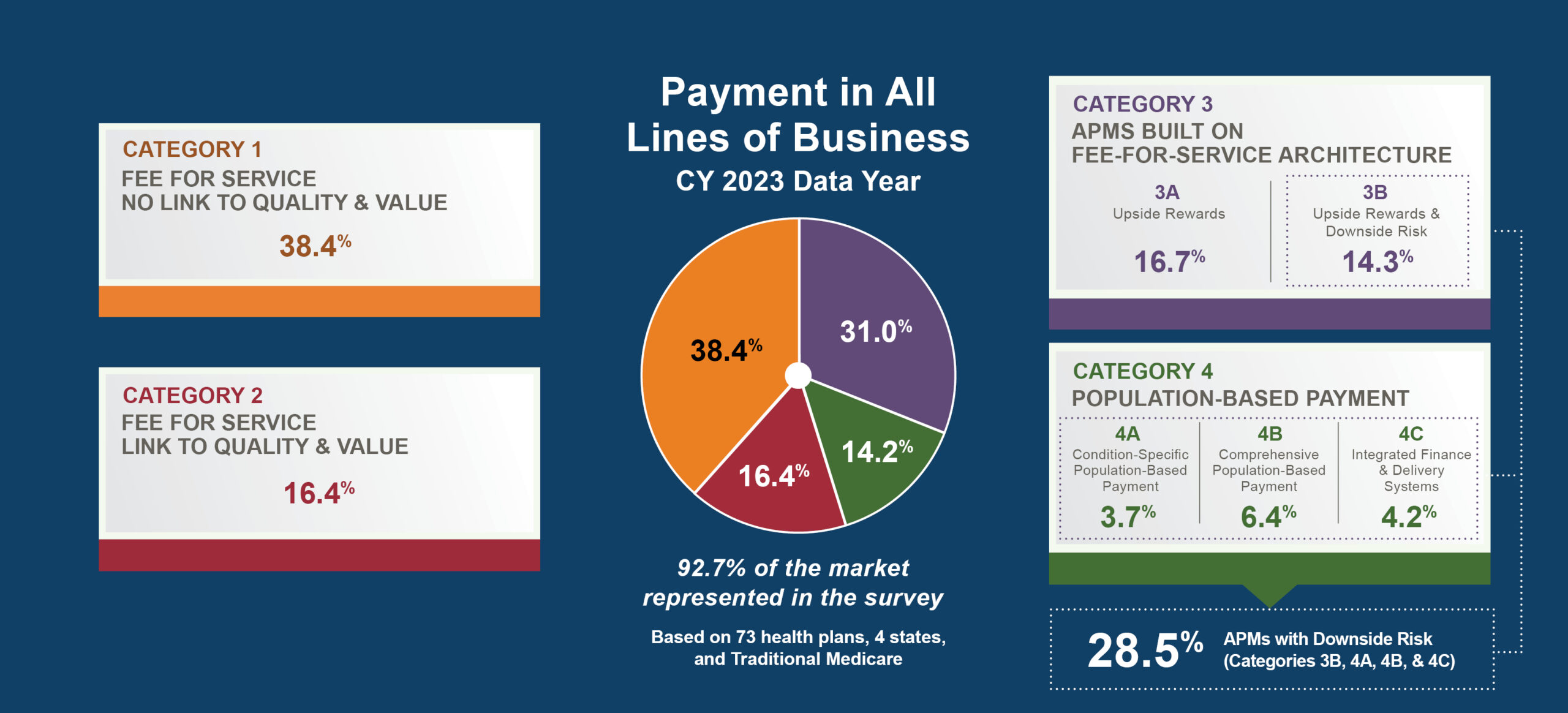
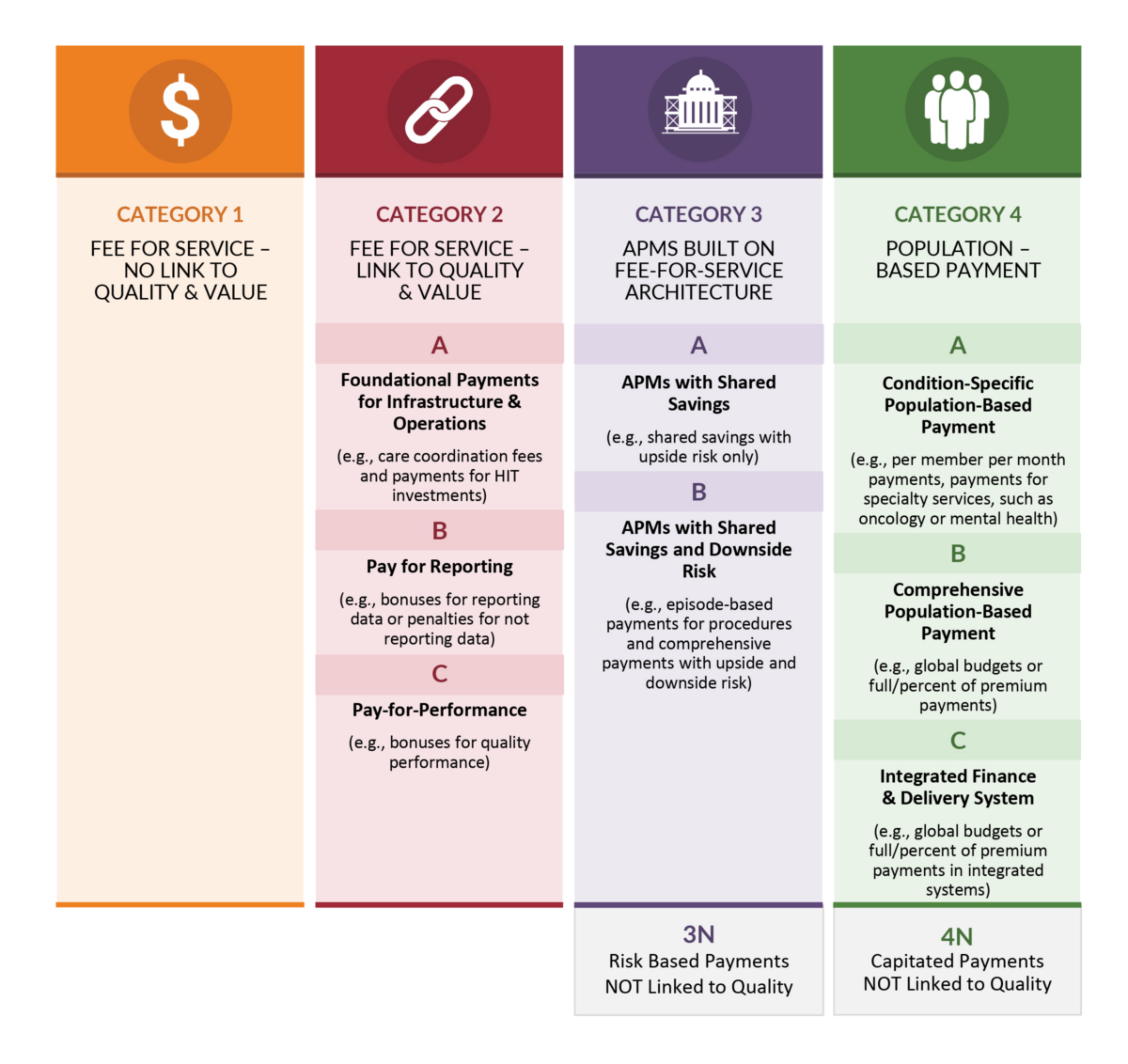

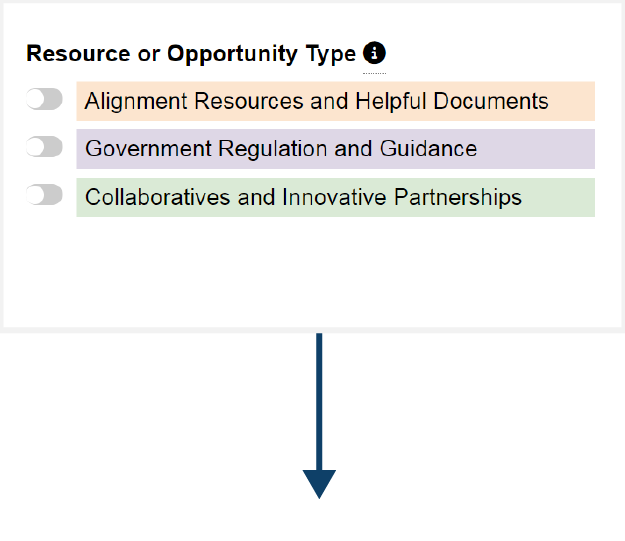
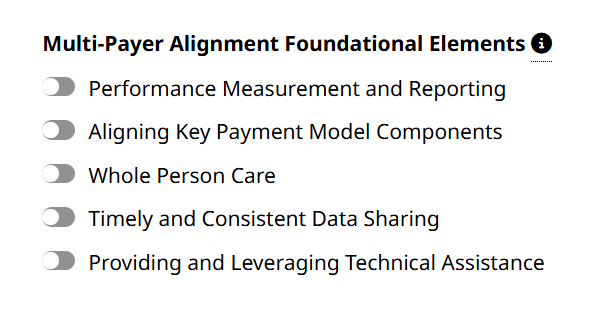
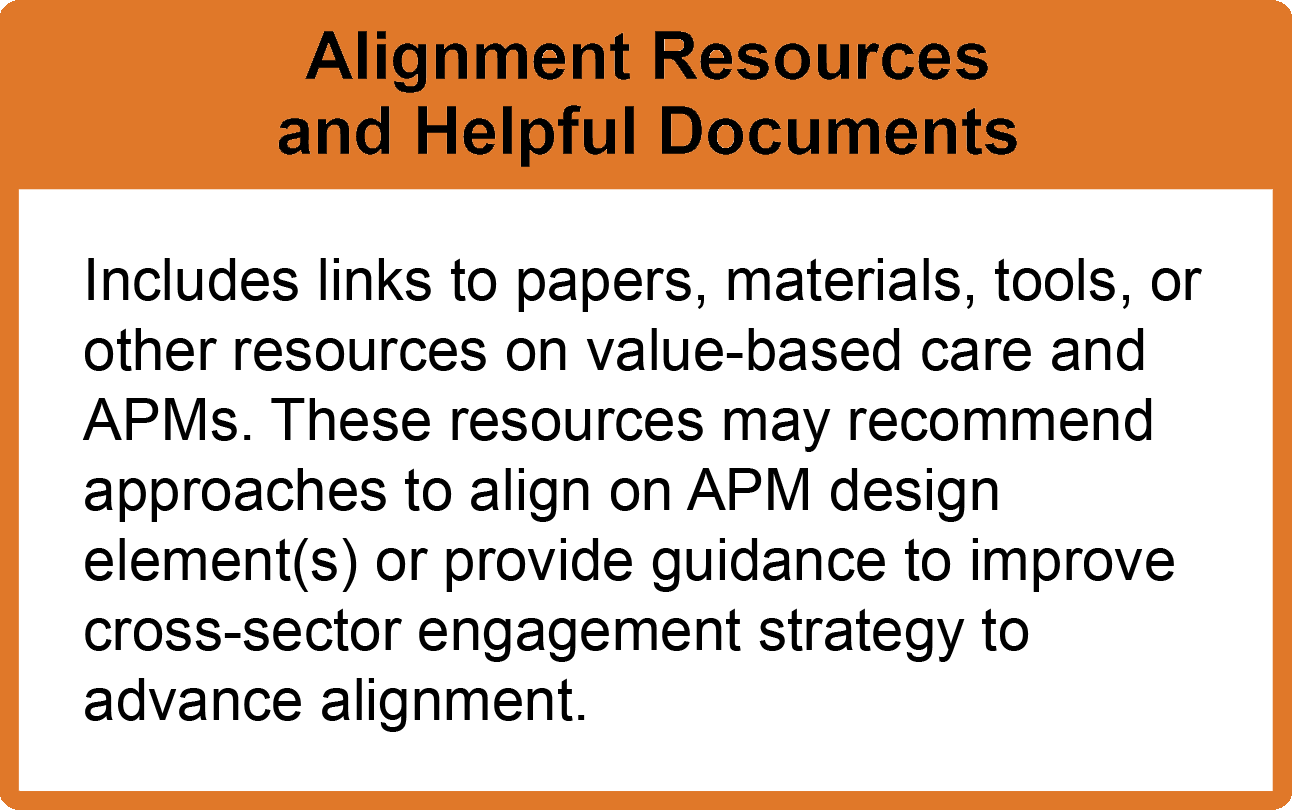
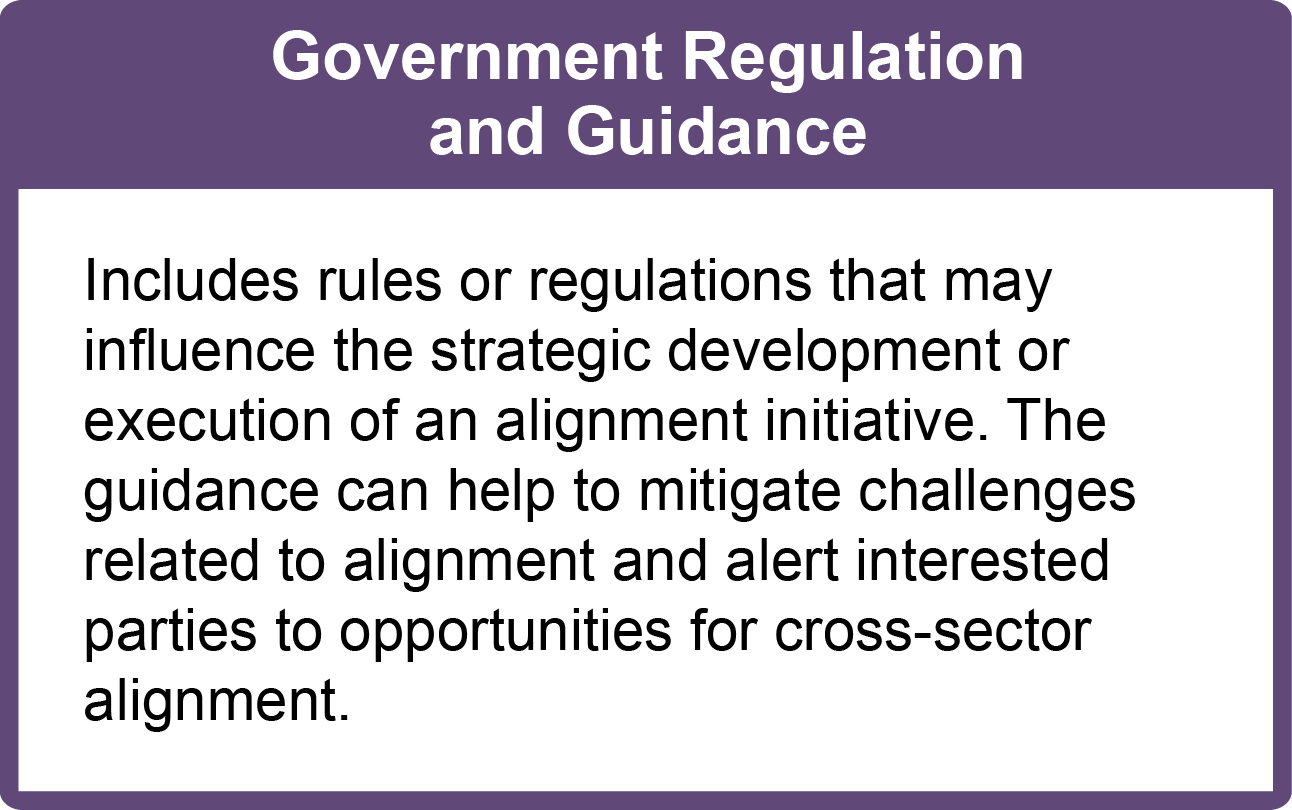
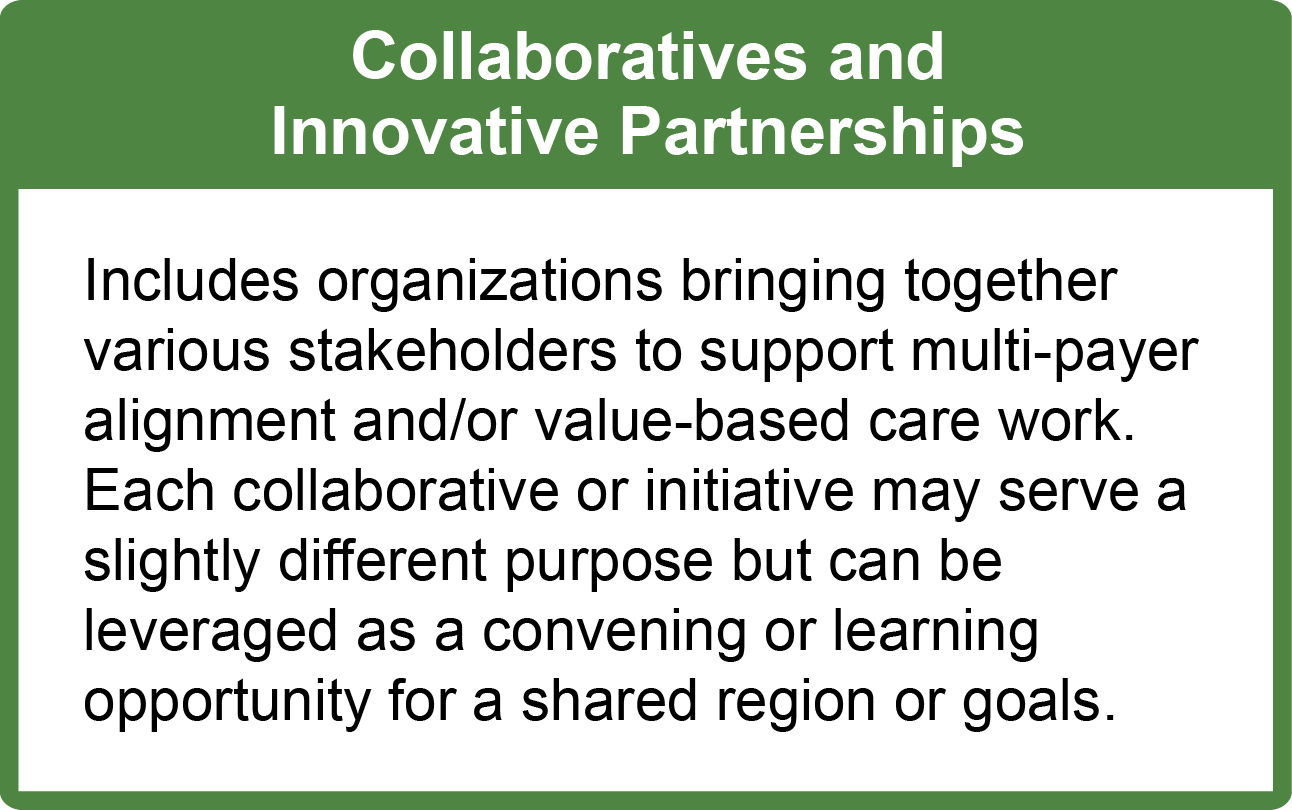

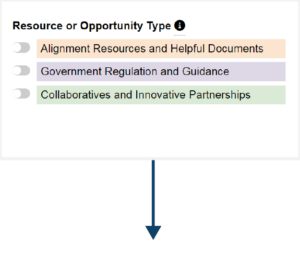
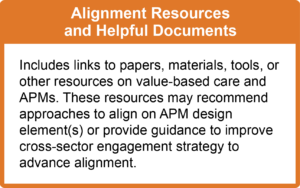
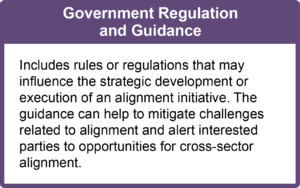
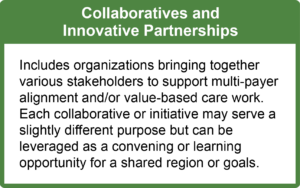
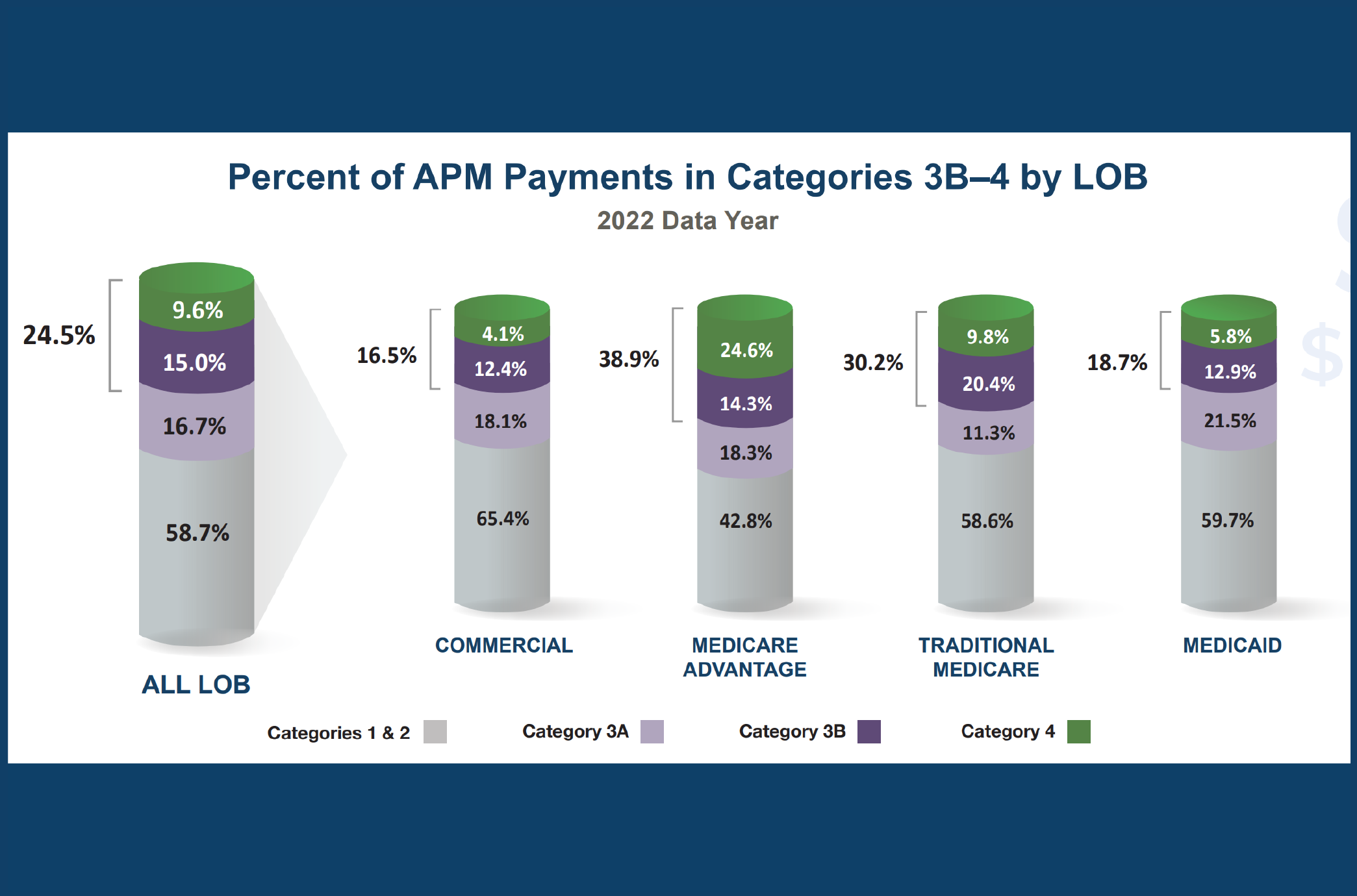
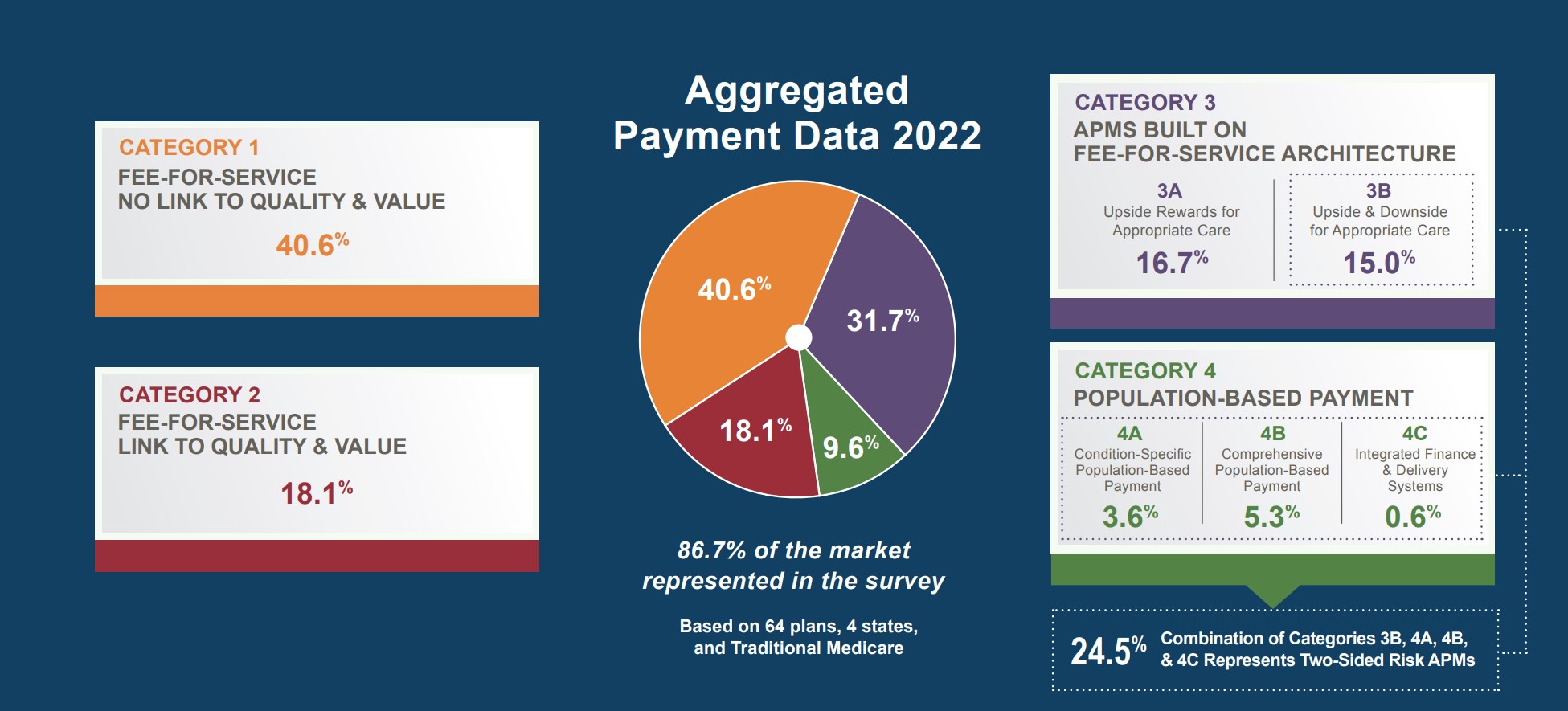
 Emily DuHamel Brower, M.B.A., is senior vice president of clinical integration and physician services for Trinity Health. Emphasizing clinical integration and payment model transformation, Ms. Brower provides strategic direction related to the evolving accountable healthcare environment with strong results. Her team is currently accountable for $10.4B of medical expense for 1.6M lives in Medicare Accountable Care Organizations (ACOs), Medicare Advantage, and Medicaid and Commercial Alternative Payment Models.
Emily DuHamel Brower, M.B.A., is senior vice president of clinical integration and physician services for Trinity Health. Emphasizing clinical integration and payment model transformation, Ms. Brower provides strategic direction related to the evolving accountable healthcare environment with strong results. Her team is currently accountable for $10.4B of medical expense for 1.6M lives in Medicare Accountable Care Organizations (ACOs), Medicare Advantage, and Medicaid and Commercial Alternative Payment Models. Victor is the Chief Medical Officer for TennCare, Tennessee’s Medicaid Agency. At TennCare, Victor leads the medical office to ensure quality and effective delivery of medical, pharmacy, and dental services to its members. He also leads TennCare’s opioid epidemic strategy, social determinants of health, and practice transformation initiatives across the agency. Prior to joining TennCare, Victor worked at Evolent Health supporting value-based population health care delivery. In 2013, Victor served as a White House Fellow to the Secretary of Health and Human Services. Victor completed his Internal Medicine Residency at Emory University still practices clinically as an internist in the Veteran’s Affairs Health System.
Victor is the Chief Medical Officer for TennCare, Tennessee’s Medicaid Agency. At TennCare, Victor leads the medical office to ensure quality and effective delivery of medical, pharmacy, and dental services to its members. He also leads TennCare’s opioid epidemic strategy, social determinants of health, and practice transformation initiatives across the agency. Prior to joining TennCare, Victor worked at Evolent Health supporting value-based population health care delivery. In 2013, Victor served as a White House Fellow to the Secretary of Health and Human Services. Victor completed his Internal Medicine Residency at Emory University still practices clinically as an internist in the Veteran’s Affairs Health System. Tamara Ward is the SVP of Insurance Business Operations at Oscar Health, where she leads the National Network Contracting Strategy and Market Expansion & Readiness. Prior to Oscar she served as VP of Managed Care & Network Operations at TriHealth in Southwest Ohio. With over 15 years of progressive health care experience, she has been instrumental driving collaborative payer provider strategies, improving insurance operations, and building high value networks through her various roles with UHC and other large provider health systems. Her breadth and depth of experience and interest-based approach has allowed her to have success solving some of the most complex issues our industry faces today. Tam is passionate about driving change for marginalized communities, developing Oscar’s Culturally Competent Care Program- reducing healthcare disparities and improving access for the underserved population. Tamara holds a B.A. from the University of Cincinnati’s and M.B.A from Miami University.
Tamara Ward is the SVP of Insurance Business Operations at Oscar Health, where she leads the National Network Contracting Strategy and Market Expansion & Readiness. Prior to Oscar she served as VP of Managed Care & Network Operations at TriHealth in Southwest Ohio. With over 15 years of progressive health care experience, she has been instrumental driving collaborative payer provider strategies, improving insurance operations, and building high value networks through her various roles with UHC and other large provider health systems. Her breadth and depth of experience and interest-based approach has allowed her to have success solving some of the most complex issues our industry faces today. Tam is passionate about driving change for marginalized communities, developing Oscar’s Culturally Competent Care Program- reducing healthcare disparities and improving access for the underserved population. Tamara holds a B.A. from the University of Cincinnati’s and M.B.A from Miami University.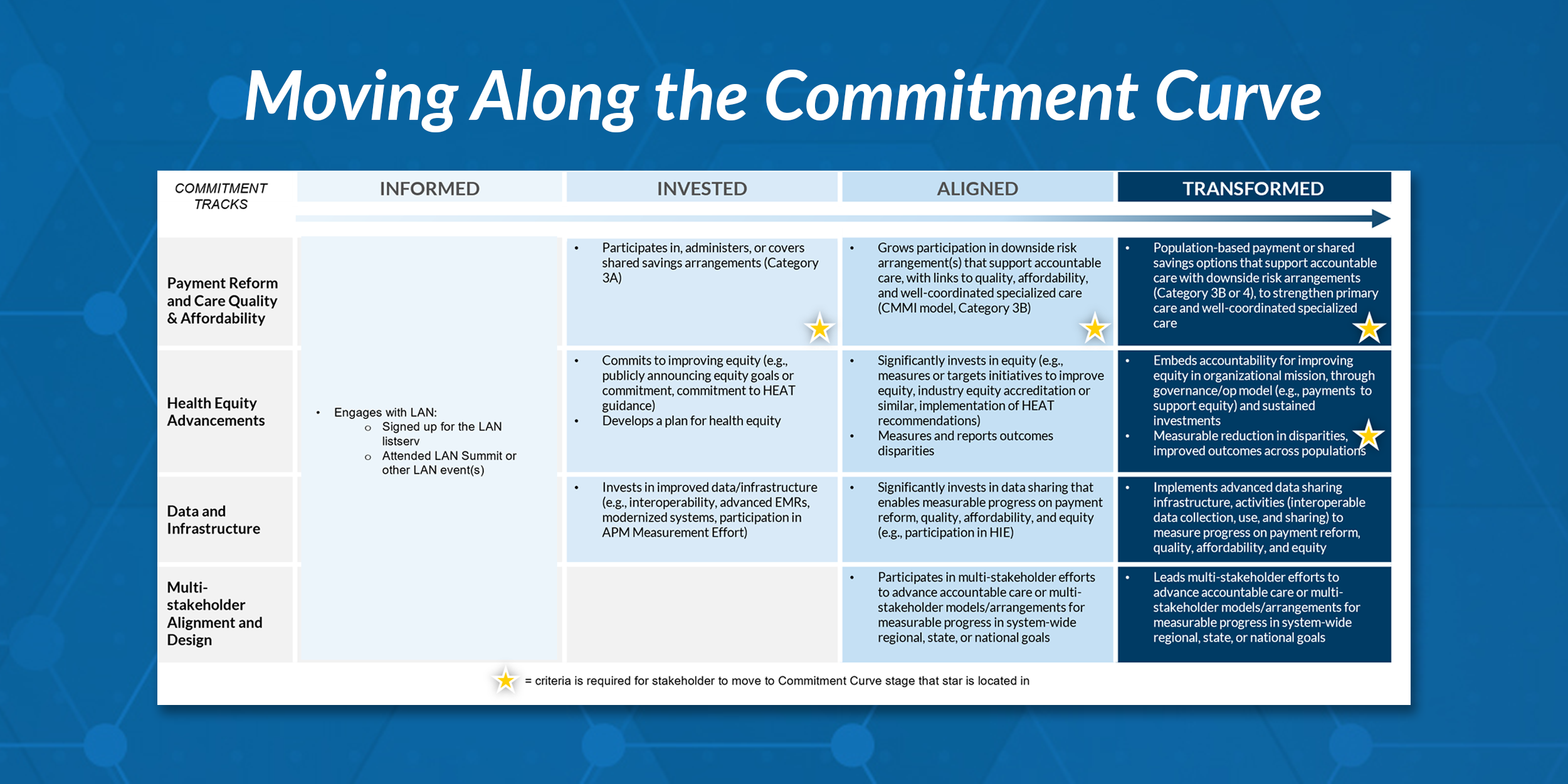
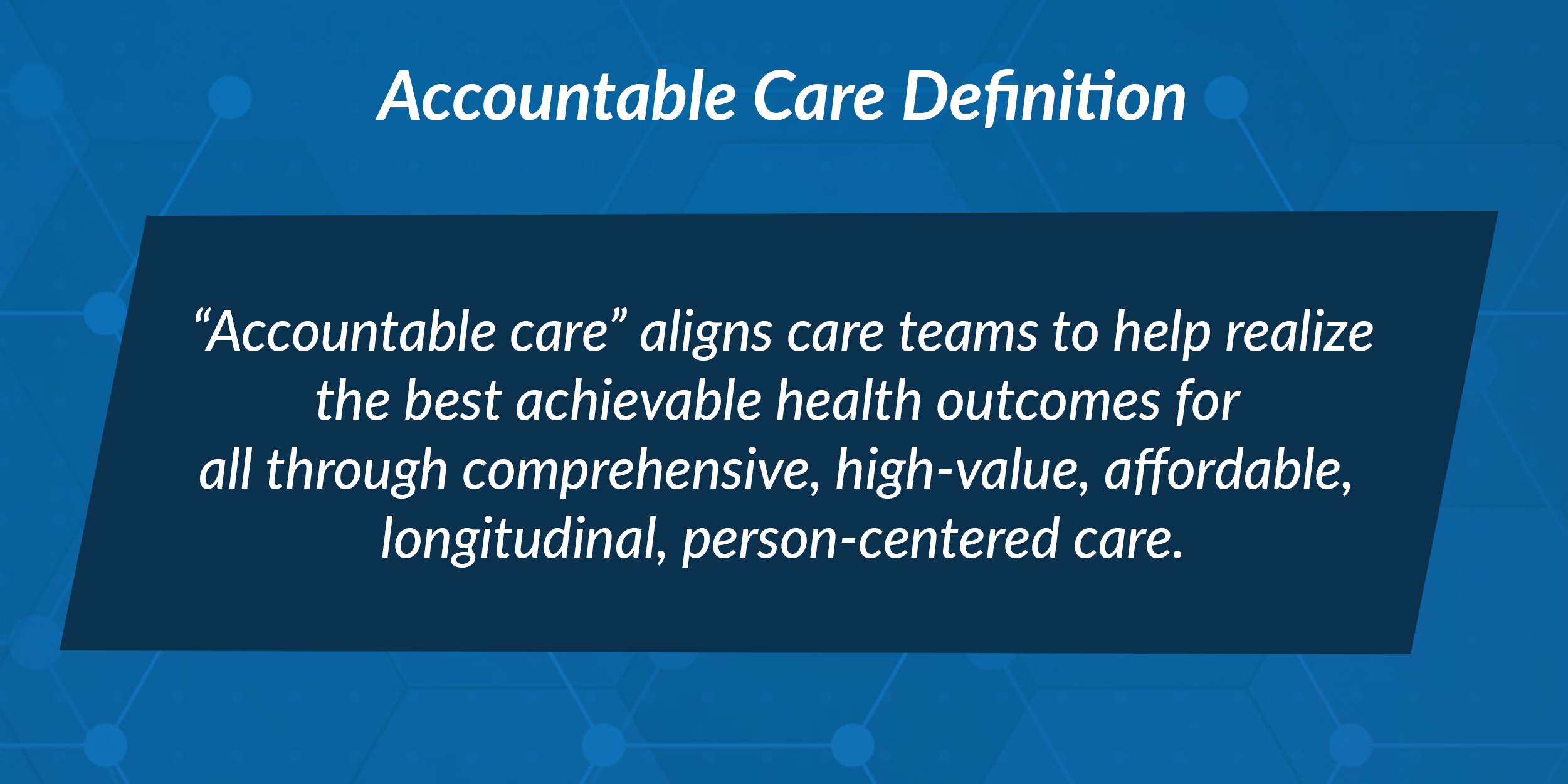
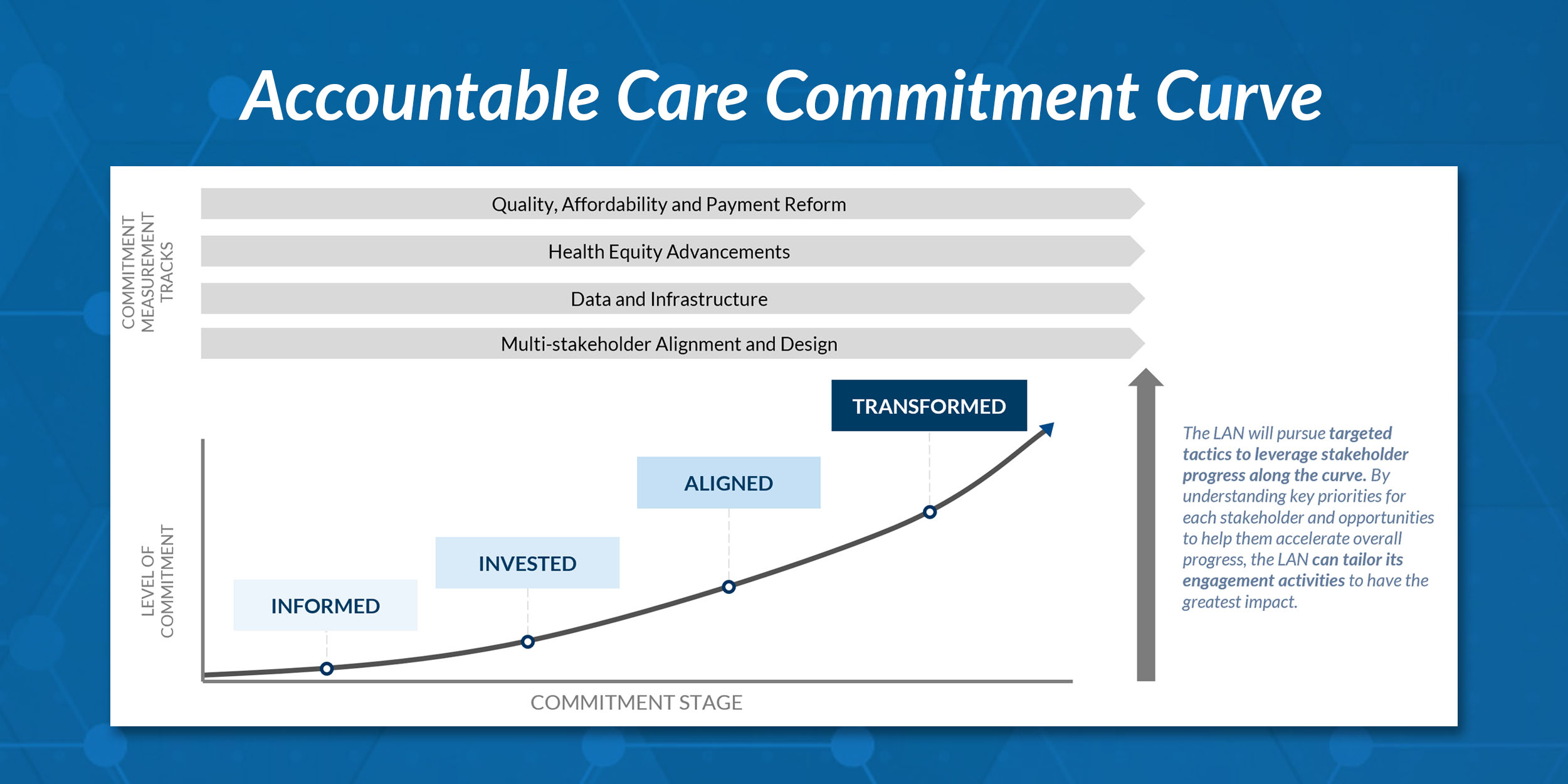
 Dr. Peter Walsh joined the Colorado Department of Health Care Policy and Financing as the Chief Medical Officer on December 1, 2020. Prior to joining HCPF, Dr. Walsh served as a Hospital Field Representative/Surveyor at the Joint Commission, headquartered in Oakbrook Terrace, Illinois.
Dr. Peter Walsh joined the Colorado Department of Health Care Policy and Financing as the Chief Medical Officer on December 1, 2020. Prior to joining HCPF, Dr. Walsh served as a Hospital Field Representative/Surveyor at the Joint Commission, headquartered in Oakbrook Terrace, Illinois.





